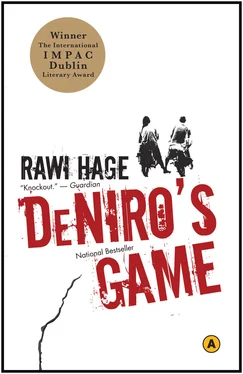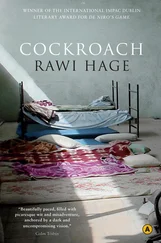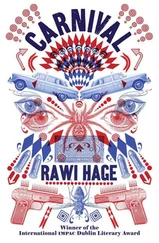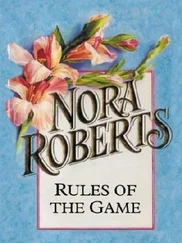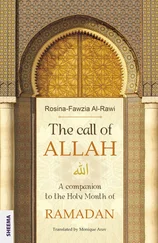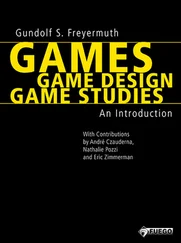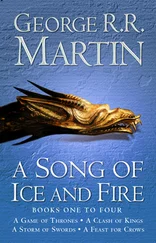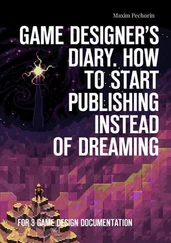I laid ten thousand kisses on her body, under a cascade of sweet falling bombs. Our clothes were on the floor like carpets for prayers, our bodies on the bed like dancing corpses. I laid another thousand kisses on her and the bombs fell louder and closer. I slipped my hand under her skirt. She held it and resisted me. I snuck my other hand toward her breast. She let me do this, so I pulled down her bra, feeling her nipples: dark, soft, pointy, and motherly. I followed my tongue as it led me to her belly button. She pushed me away then, and said, Stop it. Stop, please, Bassam, stop. My mother must be looking for me. I told her I am going to see Nada. I have to leave.
I will walk with you.
Walk with me? Or run with me?
We ran through the falling bombs. When we arrived at her home, Rana went down the stairs to the shelter, and I walked back above ground.
ABOU-NAHRA WAS in his fifties. He had grey hair and a golden tooth. An Arabic-language teacher by trade, he had left teaching to become a high commander in the Christian militia. He was bald and round, always carried a gun on his waist, and the long, thick chain around his neck had a collection of icons and crosses that pressed against his bulky chest hair. He was in charge of the south district of East Beirut, and was credited with setting up a tax system to collect money from houses, gas stations, and stores to support the war. He had also established mini-casinos and poker machines that collected a great deal of money. Abou-Nahra drove a large Range Rover, and two cars always followed his vehicle as protection. In traffic jams, his bodyguards stuck their weapons out of their windows and shot in the air to make way for his highness. Everyone knew Abou-Nahra. Abou-Nahra was into Christianity, money, and power.
George had met him through Aunt Nabila, whom Abou-Nahra was “courting” at the time. Nabila asked Abou-Nahra to give her beloved nephew a job, and he did. After Nabila left Abou-Nahra, George’s job was in jeopardy.
There is always a price, George said to me. He wants me to join his militia. He sent Khalil the other day to ask me if I want to go with Khalil down to the green line.
What did you say?
I said that I couldn’t leave the casino.
Khalil said he would pass by after we closed and we could go for a while, shoot a few bullets, empty a few magazines, see the men, and come back; it wouldn’t be long. I waited for him, but he never showed up. He will pass by tomorrow, I am sure of it.
I will come with you, I said. Give him a rendezvous point. Do not go alone; I will come with you. And keep your gun loaded.
Do you think they know about our scheme at the casino?
No, but just in case, keep your gun loaded. If they do know, Abou-Nahra would have given an order for a hit. I will come with you. Just give Khalil a meeting place.
I SAW THE KID, Danny, playing with marbles on a patch of sand. I called him over and he ran up to me.
Did you give Rana the letter the other day?
Yes, he said.
What did she do?
She read it and smiled.
Here. I pulled some change from my pocket. Go buy some more candy for you and your friends. He raced over to his friends and they all ran, jumping up and down, toward Abou-Fouad’s store.
RANA WAS ON George’s bed. She lay on her belly, lifted her ankles in the air, straightened her toes, and put her hand on my chest.
Do you love me? she asked.
I kissed her on the mouth.
Do you love me? she repeated louder.
Yes, of course, I said and puffed smoke that hushed my words.
She held my chin between her fingers and looked me in the eye. Look at me here, in my eyes, she said. Do you love me?
Yes, I do, I said. I tried to kiss her breast, but she pushed my face back on the pillow and said: I will smash your face if you’re lying to me, Bassam Al-Abyad! I know you. You can never fool me. It is me, Rana, remember? I will shoot you, you hear me. My hand on the cross, I will shoot you.
I laughed and held her waist. She remained silent and looked up at the high ceiling. Then she kissed me and fixed her dress, pulled up her bra, and asked me to zip up her dress. I kissed her shoulders, and she left.
GEORGE AND I MET Khalil down near the electric-company building. Khalil was in a jeep in the driver’s seat. Another militiaman, nicknamed Abou-Haddid, was sitting in the back seat with a Czech Kalashnikov in his left hand.
George kissed Khalil and introduced me. We chatted a little, found common acquaintances that we knew, talked about cars and guns. Abou-Haddid said that he knew a man called Charbel who worked at the port with me.
George sat next to Khalil in the jeep. I followed them on the motorbike. We crossed empty streets and bomb-shattered buildings and went through a few checkpoints smoothly. Everyone knew Khalil.
When we arrived at the headquarters, I recognized a couple of guys that I had gone to school with: Joseph Chaiben and Kamil Alasfar. They had both grown beards, and both looked tired and dirty. Joseph’s Kalashnikov had the Virgin Mary on its wooden butt; Kamil was holding a sniper machine gun. When Joseph saw me, he aimed at me and said, Trouble students are not allowed here. He smiled and we shook hands.
We sat on sandbags and barrels. Joseph took me to one side and showed me the enemy’s position. There, he said. You see that large container? They hide behind it. Listen! He shouted, Hassan, you son of a dog!
A man answered from the other side and exchanged curses. Did he just curse my sister? Joseph asked Kamil.
You do not have a sister.
Still, he insulted my honour.
Joseph cranked his gun. With a smirk on his face he pointed the rifle in Hassan’s direction and shot a few rounds. The whole area went aflame. Bullets flew left and right, back and forth. I dug behind the sandbags; empty, warm bullets flew from Joseph’s machine and landed at my feet. When everyone stopped shooting we heard Hassan’s voice from the other side. He shouted something about a prostitute, about Christian mothers. Everyone laughed.
George came out of a nearby building with a rifle in his hand. He had a big smile and was laughing with Khalil. Khalil put his arm around George’s shoulders and they walked away.
I waited and listened to Joseph telling me about the last two nights, how heavy the fighting had been, how the bombs had fallen like rain and how they had been forced to hold their ground. They could not move, the food truck did not show up, and they were hungry and out of cigarettes; ammunition was getting low and the Majalis (militia headquarters) did not care to send more men. He complained, puffed his cigarette, and said, We are not organized. Then he led me inside the building and offered me a cigarette.
Remember our teacher, Souad? he laughed. Her legs, he said. She had nice long legs.
She is in France, I said.
Yeah, I know, he said. Got married to that French teacher. They all want to get married to Frenchmen.
He pulled out his gun and gave it to me. Here, shoot a few rounds, maybe you will get lucky and hit Hassan in the ass. I scared the hell out of him the other day. He was taking a shit on the other side. I was on the second floor, and I saw him, so I rushed and took the sniper gun from Kamil and shot between his legs. He was running with his pants down.
You did not kill him?
No. No. We promised each other that when this war ends we will have a drink.
I refused to take the gun; Joseph shook his head and said, You were always quiet. You are a calm man. . though I remember you when you had a fight with the Baa’liny brothers at school. You were vicious. Not many boys wanted to mess with you. So what are you doing here?
I came with George to see Khalil.
Are you guys joining?
No. I shook my head.
Читать дальше
